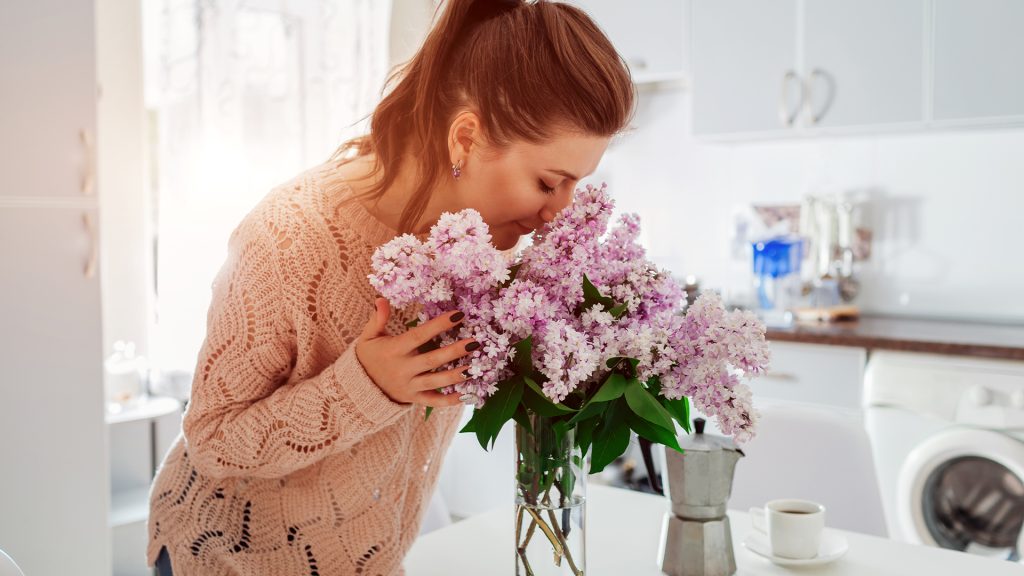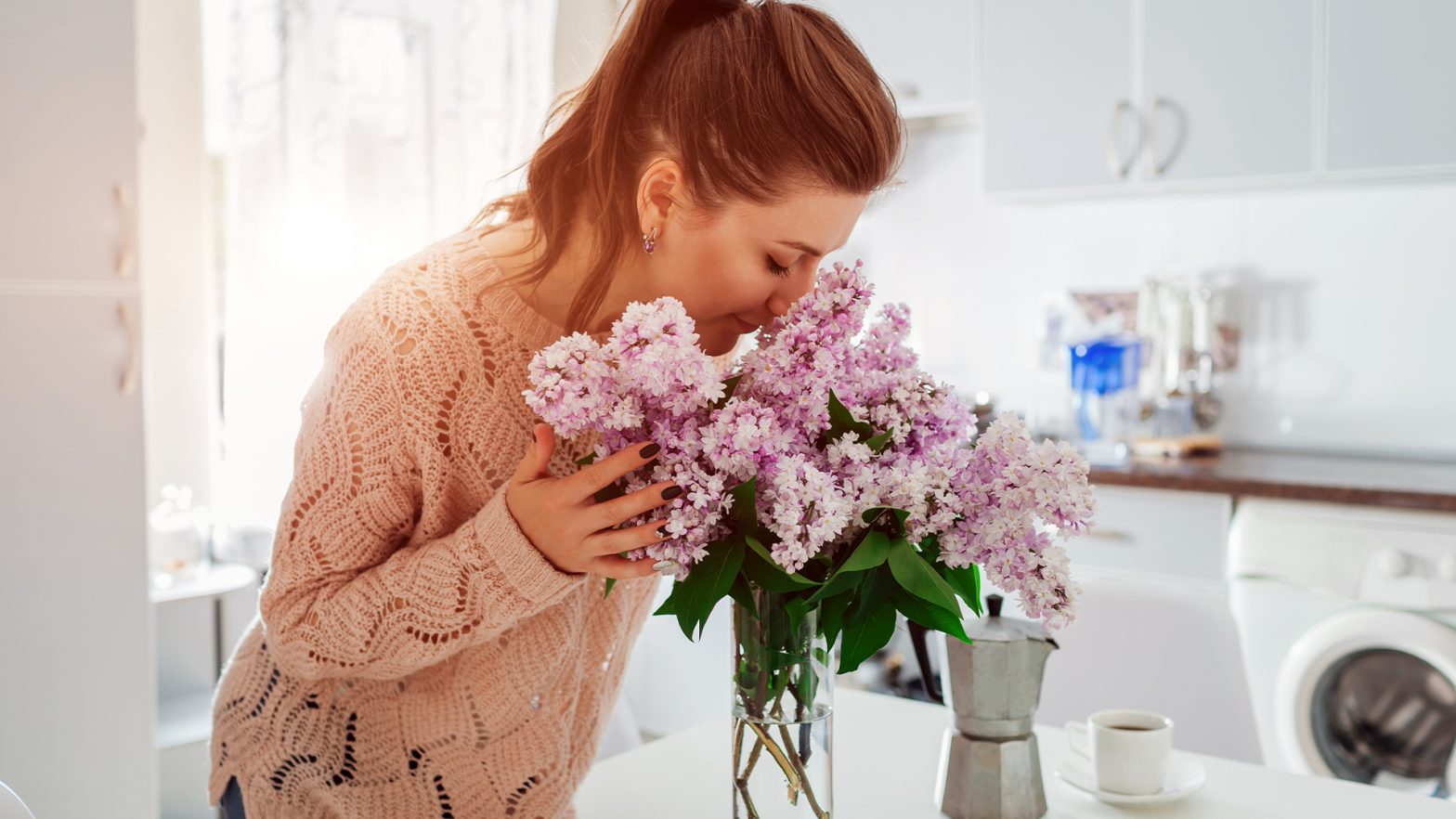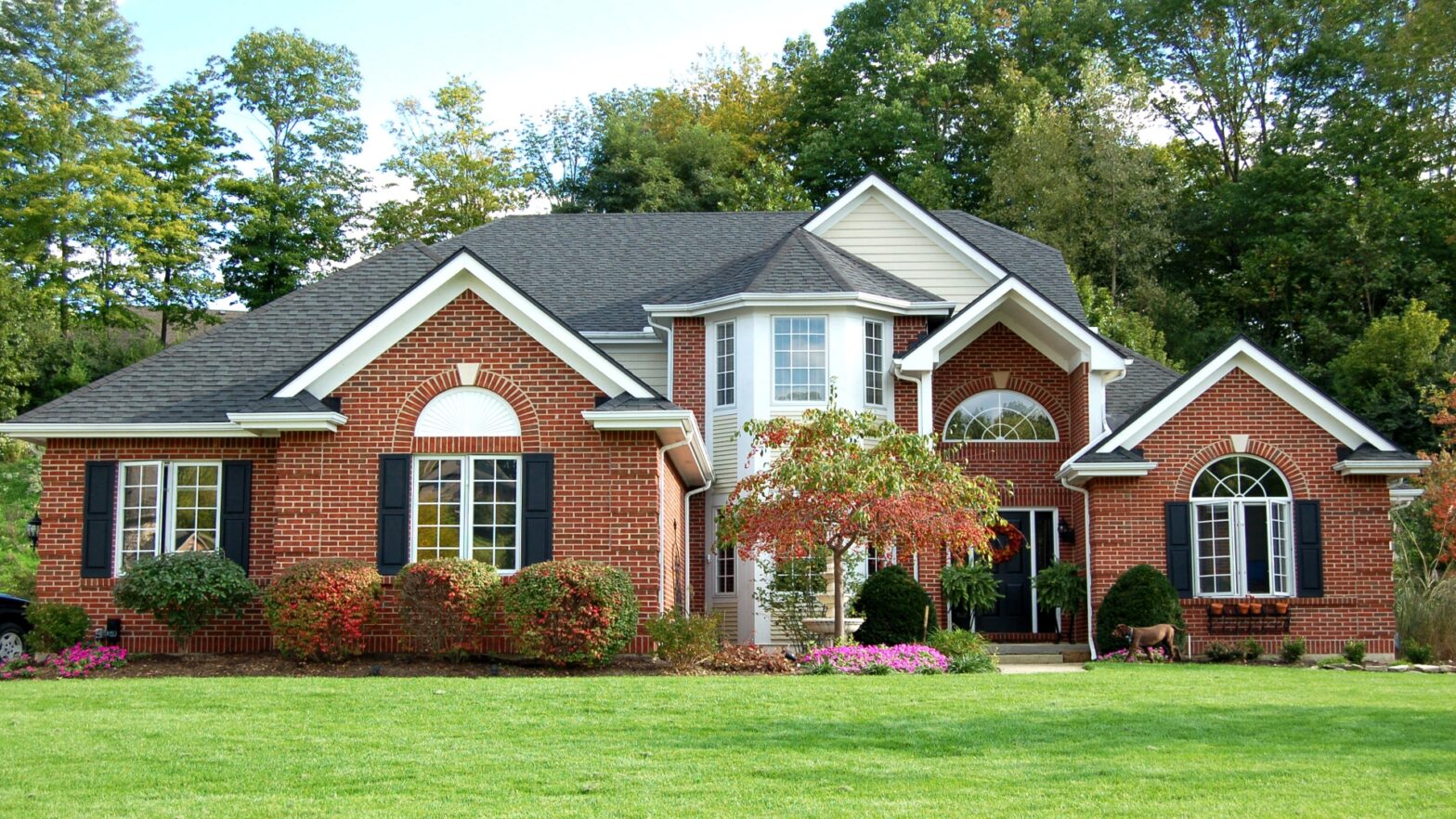
The summer season can be a nuisance for those who suffer from hay fever. To help reduce your symptoms around your home and outdoor living space, Jamie Jones, outdoor living specialist from Open Space Concepts shares simple ways to enjoy your garden when pollen levels are high plus how to prevent pollen from entering your home…
Monitor when windows are open and closed
Jamie says: “Grass pollen is mostly present in the summer months and can be circulated from long lawns, meadows to cutting the grass in your garden. During ‘No-Mow May’ many lawns will be longer, meaning pollen count will be at a high.
“As the temperatures warm up, it’s tempting to leave doors and windows open, especially in outdoor spaces like your garden room. But this can cause problems for hay fever sufferers, as it allows pollen to blow in easily.
“To reduce pollen around your home, keeping windows and doors closed is one of the easiest ways to do this.
“Instead, open windows overnight as the pollen levels are much lower at this time. Just make sure to close them again in the morning before the count gets higher.”
Stay on top of cleaning
Another way to help reduce allergies in your home and outdoor living space is to keep on top of the cleaning, paying particular attention to the areas that pollen likes to cling onto.
Jamie recommends: “In between deeper cleaning sessions, it’s important to stay on top of dusting to avoid a build-up of dust, dirt and pollen.
“Focus on vacuuming areas close to windows and entryways, such as curtains. Alternatively, stay on top of the job with a lint roller, as this does a brilliant job at picking up stubborn pollen and dust.
“If you have an outdoor living space such as a garden room or glass room, it’s important not to neglect cleaning in these spaces either, as they are likely to be surrounded by more trees in your garden, making it more likely for pollen to blow in. Make sure to wash outdoor blankets and sofa cushions on a hot wash, at least once a week, to wipe out allergens.”
Garden early
Jamie continues: “If you have gardening jobs on your to-do list, or you’re hoping to spend time outside in your garden, it’s best to do this early in the morning, as pollen levels are lower at this time.
“On warmer days, pollen count tends to be higher as it rises up from the ground level. If this is the case, retreat to your garden room or place garden furniture under a retractable awning to reduce the amount of pollen around you.”
Create natural barriers
Jamie advises there are ways you can be clever when it comes to garden arrangement, to create barriers for pollen in your garden: “To create a natural barrier against pollen, use hedges to divide your garden into zones, as these can capture and filter allergens.
“Plant and position hedges next to where you intend on placing garden furniture, to help prevent pollen blowing into these spaces.
“Just make sure to avoid certain species such as laurel, beech and hornbeam as these can trigger hay fever symptoms.”
Think about seating positioning
Even if you’ve created barriers in your garden, considering where you place garden furniture is important to help you enjoy your garden with as little sneezes as possible.
Jamie says: “Make sure to place garden seating away from allergenic sources in your garden to limit your symptoms as much as possible.
“To protect your outdoor furniture and seating spaces, consider installing an awning as this will help to prevent pollen from landing and sticking on seating.
“Alternatively, store garden furniture away in a shed when not in use, to limit the amount of pollen exposure.
“If your garden furniture has been left out for a while, give it a clean and wipe down before using it to ensure allergens have been removed.”
Lose the lawn
Grass pollen has been found to be the most common trigger of hay fever, with 95% of people suffering in the UK.1
Jamie advises: “Grass pollen is mostly present in the summer months and can be circulated from long lawns, meadows to cutting the grass in your garden. To create a low-allergen garden, ditching the lawn can be an effective way to do this.
“While keeping your lawn short can help to alleviate symptoms, consider choosing paving, decking or installing an outdoor structure, such as a glass room or garden room to enjoy your garden to the fullest.” Ready to elevate your outdoor space with a glass room, garden room or veranda? Explore Open Space Concept’s product range: https://www.openspaceconcepts.co.uk/





























